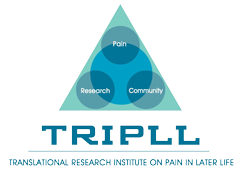Scientists have long known that once the DNA of a cell becomes damaged in any way, it typically becomes “senescent,” meaning it stops functioning and multiplying. The immune system has mechanisms to clear these cells out of the body, but as we age a weaker immune system can no longer remove the bulk of them. It was unclear what effect this build-up of zombie-like cells had on the body until researchers at Mayo Clinic exposed mice to an agent that kills senescent cells, and reported that symptoms of aging such as muscle weakness and cataracts were delayed. They wish to continue this line of research, eventually expanding it to humans.
http://www.huffingtonpost.com/2011/11/03/senescent-cells-aging-cure-_n_1073740.html
